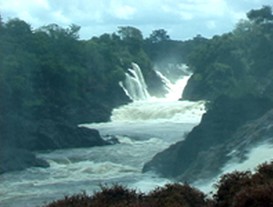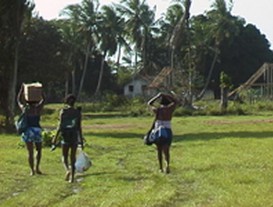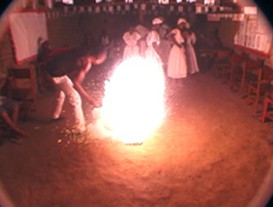Leonard Abrams
2006.
Brazil.
vo Brazilian Portuguese.
s Anglès.
73’
Al Brasil, un retrat dels “quilombos”, comunitats rurals que van fundar esclaus fugitius o que van sorgir de les plantacions abandonades. Avui dia existeixen uns 2.000 quilombos. Gens conegudes fora del país, aquestes comunitats lluiten per conservar un ric patrimoni sorgit de la resistència a l'opressió.
http://www.quilombofilm.com/


